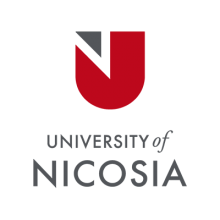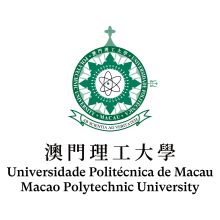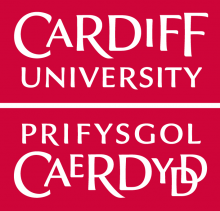
“Your year abroad will be amazing!”, “you’re going to love it!” and “I’m so jealous”, everyone says when wishing you well on your year abroad.
This was no different for me, yet everyone skims over the reality of starting at a foreign university, and the challenges that this entails.
Nothing could have prepared me for the onslaught of university admin and information that was thrown at us during our first days as Erasmus students at the Complutense University of Madrid (UCM). Despite having studied Spanish from the age of 13, I still found it difficult to comprehend all of it in a foreign language.
Being an Erasmus student at UCM means that I have the option of choosing any module from any year group within the faculty of Filologia, with which I am associated. Furthermore, up to two of the 10 modules that I must pick for the year may be from any other faculty.
We are lucky to have this much freedom in our studies. After the limited curriculum at Cambridge, this was a pleasant surprise.
We have two weeks in which we may attend as many classes as we want to make an informed decision by the time we matriculate. (Where we go to hand in our matriculation form is another mystery).
International perspective: a Vietnamese student in Paris
International perspective: a Canadian in Ireland
International perspective: a Filipino student in Hungary
Unlike in Cambridge, where we are given our timetables, at UCM we have to create our own. I sat scrolling through PDF after PDF, navigating the university’s website, continuously checking that the subjects I picked did not clash until I finally settled on a vague plan for the week.
The philosophies of the two universities are quite different. For example, UCM impresses upon us that it is down to us to organise ourselves and ask for help if we need it. They are not going to chase us up if our grades or attendance slip. Cambridge, on the other hand, provides us with a tutor and a director of studies, with whom we have regular meetings to ensure that we are coping well, both academically and otherwise.
I walked into my first class, finally having located both the building and the room (difficult to do in such a huge university), to find a classroom full of third-year Spanish students, talking to each other so quickly that even if I had had the courage to approach them and begin a conversation I would not have been able to get a word in edgeways. I did eventually manage to strike up a conversation with my neighbour.
I am almost always the only Erasmus student in the class and we are held to the same standard as the native Spanish speakers – a daunting prospect.
We are examined and assessed differently than at Cambridge, through a mixture of presentations and work in class, attendance, coursework, smaller exams and finally our main exams that take place in February and June. I like the idea of being able to work consistently throughout the year.
International perspective: from Delhi to Toulouse
International perspective: an American in the UAE
International perspective: a South African studying in the Netherlands
I have 20 hours of contact a week, which is more than I am used to at Cambridge, and I am beginning to doubt those who assured me that this would be an easy year, however, I am here to learn so I may as well make the most of it.
Speaking of making the most of it, the university has more to offer than academics, as I saw first-hand at the university’s equivalent of a British fresher’s fair. There were a variety of stalls boasting many different societies and activities, from board games to human rights.
Instead of the usual free pizza found at every British university fresher’s fair, there was a drinks stall and a tent relaxation zone, which gave a festival-esque vibe to the scene, although that was probably more to do with the sunny weather than anything else.
If you collected enough tokens from the stalls, you could exchange these for university branded items, such as T-shirts, bags and sweatshirts. I got in there straight away and am now a proud owner of a UCM t-shirt, which only gives my Spanish friends more reason to tease me for being a tourist.
The fair was lively and exciting, and seemed as if it had the potential to last for a while. While other students danced on into the early evening, I left with my bag bulging with flyers and freebies, feeling excited at the prospect of getting further involved in university life.
Read more: Best universities in Spain





















Have your say